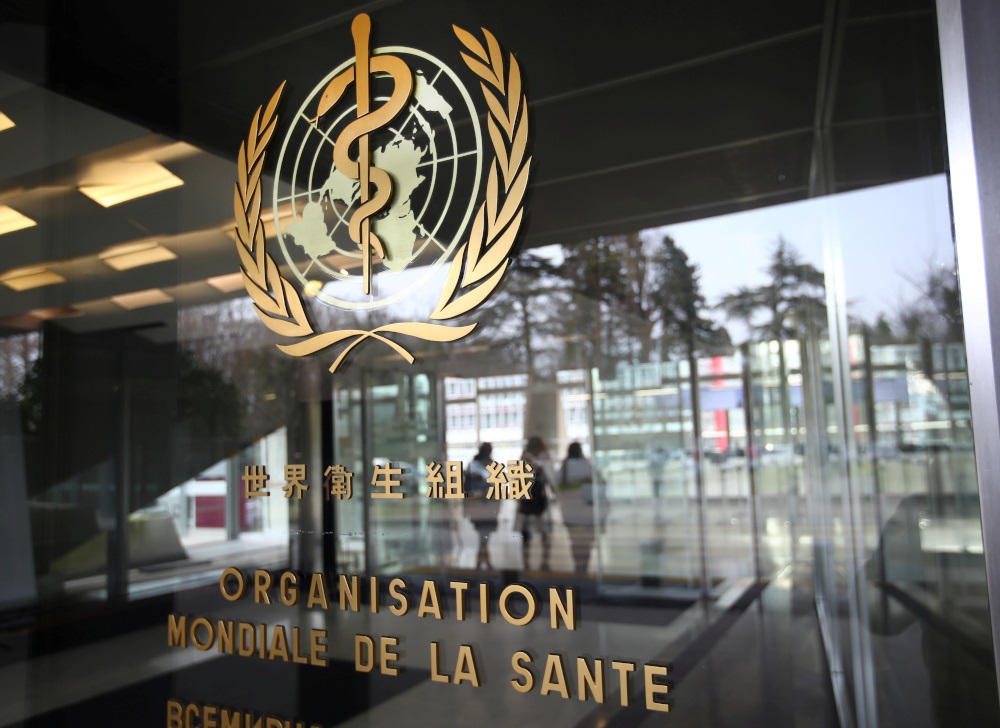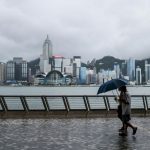
The report, by experts convened by the WHO, was released more than a year into the pandemic that has killed nearly 2.8 million people worldwide.
GENEVA: International experts will today unveil a report into the origins of Covid-19, as world leaders called for a global treaty to better tackle future pandemics.
AFP obtained a copy of the final report ahead of its official publication, which concludes that the virus very likely jumped to humans from bats via an intermediary animal.
It all but rules out the theory that it originated from a lab, but the World Health Organization chief said all hypotheses on the pandemic’s origins remained open and needed further study.
The report, by experts convened by the WHO, was released more than a year into the pandemic that has killed nearly 2.8 million people worldwide, with several countries battling new waves of infections.
World leaders called for a new international treaty to better fight future pandemics and for countries to be ready if—or when—another hits.
“Together, we must be better prepared to predict, prevent, detect, assess and effectively respond to pandemics in a highly coordinated fashion,” they urged.
The call came in a joint article published in international newspapers on Tuesday, penned by leaders from more than 20 countries—including Germany, France, South Korea and South Africa—along with the European Union and the WHO.
Speaking ahead of its publication, WHO director-general Tedros Adhanom Ghebreyesus urged the world to not waste any time in preparing for the next.
“The time to act is now. The world cannot afford to wait until the pandemic is over to start planning for the next one,” Tedros told a virtual press conference.
‘Urgent action’
The expert report on the origins of Covid-19 has had a troubled birth, with publication delays adding to the hold-ups and diplomatic wrangling that plagued the WHO’s attempts to get experts into Wuhan—the city at the centre of the initial outbreak.
They finally arrived on January 14, more than a year after the first cases surfaced.
Experts believe the SARS-CoV-2 virus that causes the Covid-19 disease originally came from bats.
The report authors judged that the most likely scenario was that it had made a direct leap to humans, while not ruling out other theories.
Beijing’s theory that the virus did not originate in China at all but was imported in frozen food was judged “possible” but very unlikely.
Claims promoted by former US president Donald Trump’s administration that the virus escaped from a research lab were judged “extremely unlikely.”
Meanwhile, UN chief Guterres called for more debt relief for the poorest countries struggling with economic fallout from the pandemic.
He urged a “new debt mechanism” allowing such options as debt swaps, buy-backs and cancellations to help worse-off countries.
Addressing an online forum that included dozens of world leaders, he said the pandemic has pushed the world to “the verge of a debt crisis” and required “urgent action.”
“We need to change the rules,” he argued.
‘System under strain’
More than a year into the pandemic, several countries are grappling with new waves of the virus, prompting a scramble to contain outbreaks with fresh anti-virus measures.
Italy said today it would impose a five-day quarantine on travellers arriving from other EU countries, while Germany will beef up checks along land borders to ensure people arriving have negative Covid tests.
In France, President Emmanuel Macron may announce new measures this week after partial regional shutdowns failed to keep the number of people in intensive care below its second-wave peak.
And new government data from Mexico showed that it had registered 294,287 Covid-19 deaths—substantially more than previously recorded, and the third-highest in the world behind Brazil and the United States.
On the vaccine front there was some good news Tuesday as the German firm BioNTech said it was on track to manufacture 2.5 billion doses of its Covid-19 vaccine this year with US partner Pfizer, 25 percent more than expected.
Meanwhile in Papua New Guinea a sports centre was converted into a makeshift hospital to cope with surging coronavirus infections in the impoverished nation.
A shortage of nurses and doctors was further straining a system under stress.
“We’ve got nurses and doctors in tears at the moment, working back-to-back night shift/day shift,” Matt Cannon, chief executive of St John Ambulance Papua New Guinea, told AFP.
“The system’s under strain,” he added. “It’s putting them under immense strain.”


